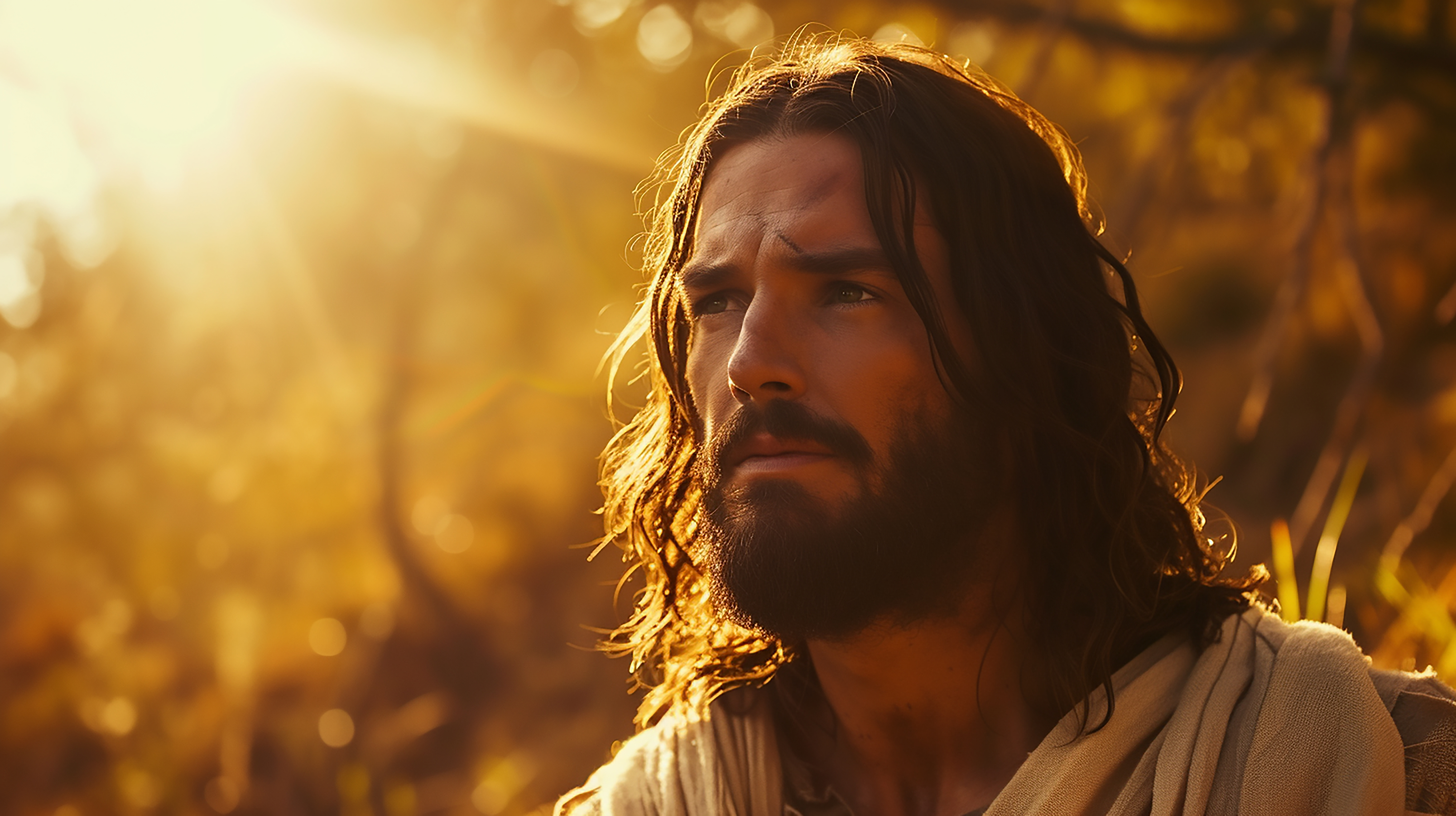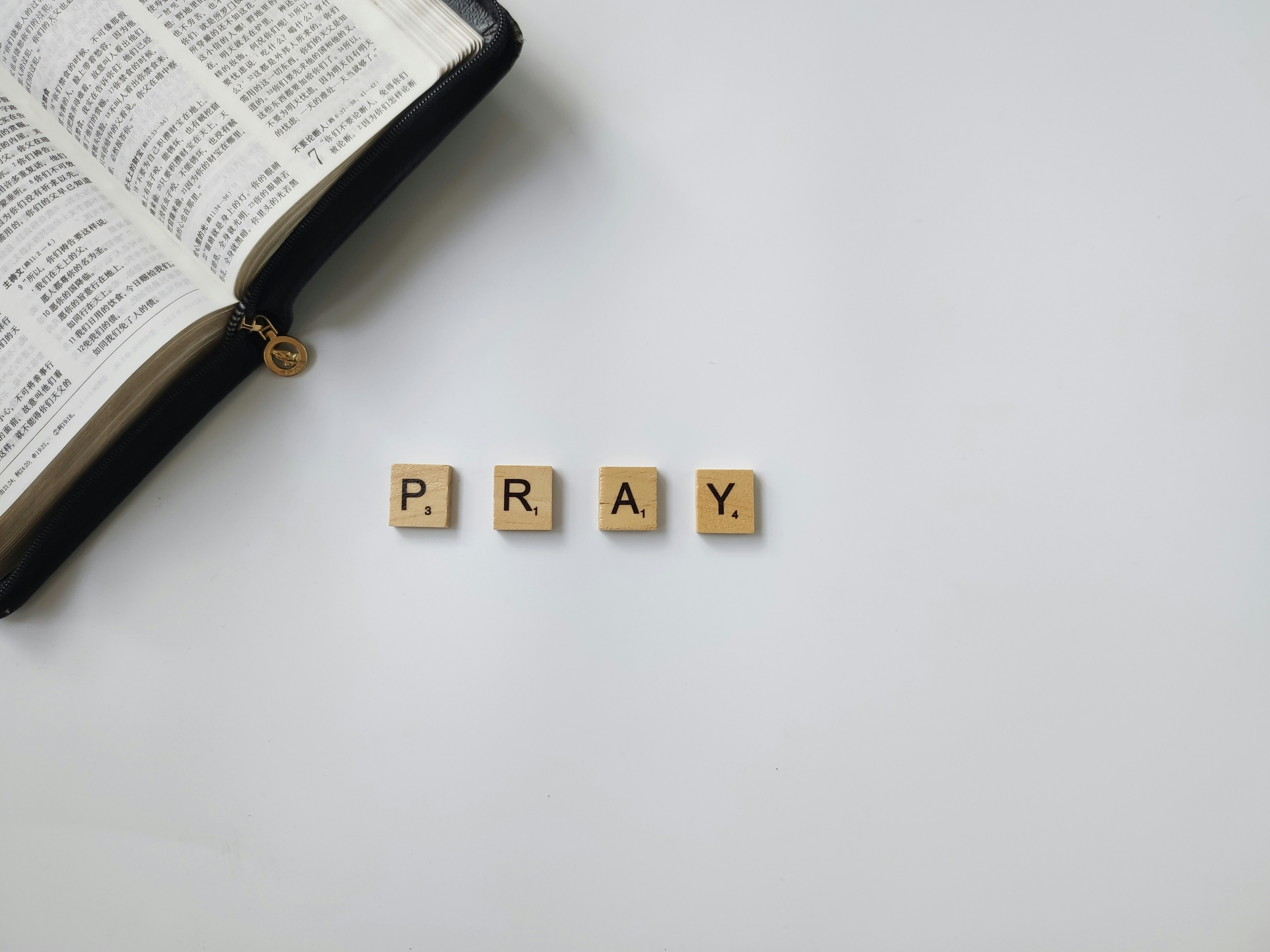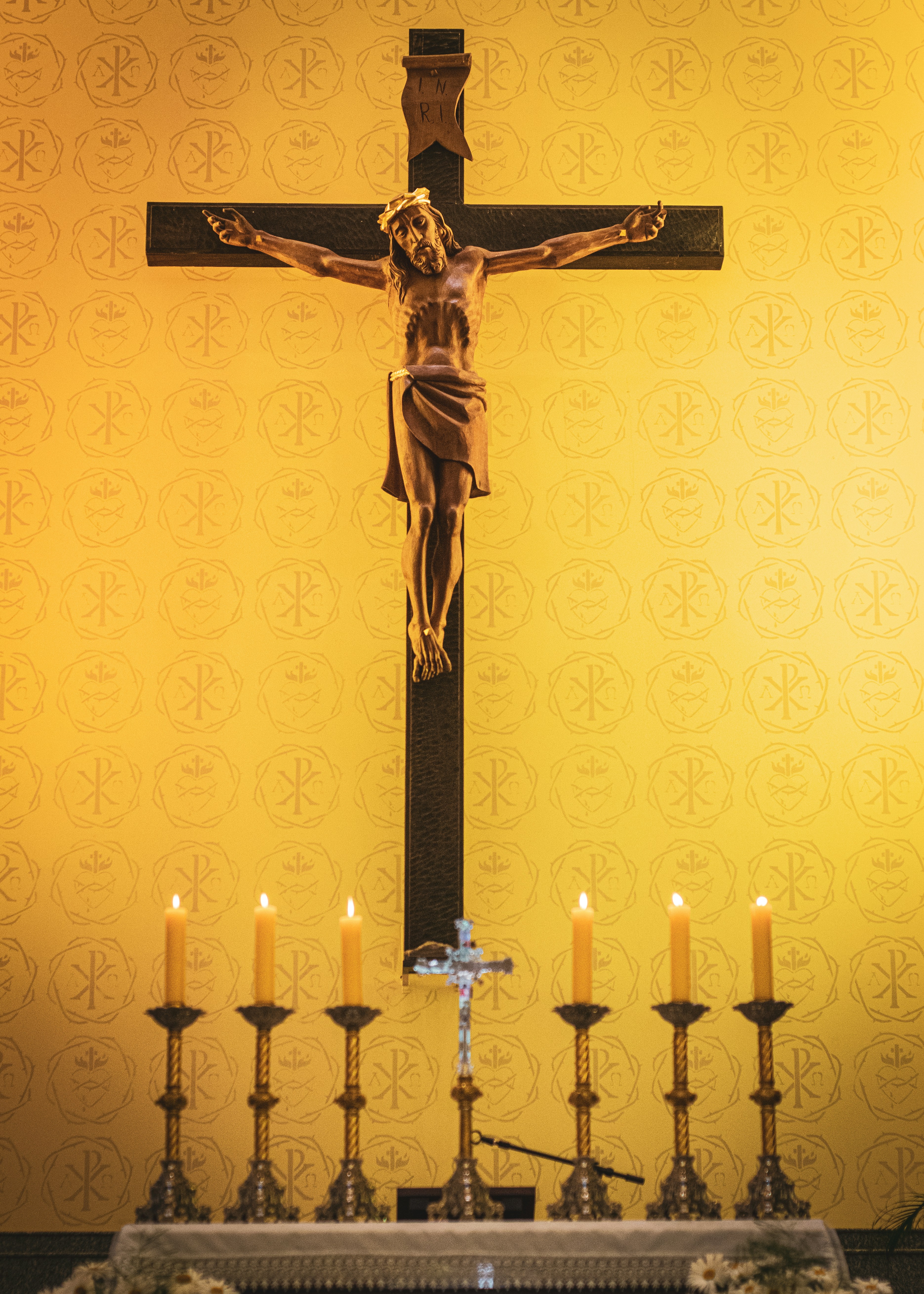Today we celebrate the feast day of St. John Chrysostom, a Doctor of the Church from the late 300’s. He was known for his incredibly powerful preaching. The title, “Chrysostom,” actually means “golden-mouthed” in Greek. We have over 800 of his sermons which is an incredible treasure trove of wisdom and insight into the Christian faith. I would like to share a piece of one of his sermons here.
“If Christ is with me, whom shall I fear? Though the waves and the sea and the anger of princes are roused against me, they are less to me than a spider’s web. Indeed, unless you, my brothers, had detained me, I would have left this very day. For I always say ‘Lord, your will be done’; not what this fellow or that would have me do, but what you want me to do. That is my strong tower, my immovable rock, my staff that never gives way. If God wants something, let it be done! If he wants me to stay here, I am grateful. But wherever he wants me to be, I am no less grateful. Yet where I am, there you are too, and where you are, I am. For we are a single body, and the body cannot be separated from the head nor the head from the body. Distance separates us, but love unites us, and death itself cannot divide us. For though my body die, my soul will live and be mindful of my people” (Ante exsilium, nn. 1-3, PG 52, 427-430).
In today’s Gospel reading, Jesus talks about how foolish humans can be. Can the blind lead the blind? Why are we so quick to identify the faults of others before first attending to our own large wounds and failings? We ought to take Jesus’ admonishment seriously when He says “Remove the wooden beam from your own eye first; then you will see clearly to remove the splinter in your brother’s eye.”
One of the ways we can follow Jesus’ command is to turn to the saints, especially the Doctors of the Church. This is one of the reasons why throughout the year we celebrate their feast days. The Church draws these holy men and women to our attention so that we can more clearly see how to live a life close to Jesus. We are especially grateful to saints like St. John Chrysostom who left such a large collection of written work for us to draw inspiration from.
St. John Chrysostom, pray for us!
Hoy celebramos la fiesta de San Juan Crisóstomo, un Doctor de la Iglesia de finales del siglo XX. Era conocido por su predicación increíblemente poderosa. El título “Crisóstomo” significa “boca de oro” en griego. Tenemos más de 800 sermones suyos, lo cual es un increíble tesoro de sabiduría y conocimiento de la fe cristiana. Me gustaría compartir aquí una parte de uno de sus sermones.
“Si Cristo está conmigo, ¿a quién temeré? Aunque las olas, el mar y la ira de los príncipes se alcen contra mí, son para mí menos que una telaraña. De hecho, si ustedes, hermanos míos, no me hubieran detenido, habría salido hoy mismo. Porque siempre digo ‘Señor, hágase tu voluntad’; no lo que este o aquel tipo quiere que haga, sino lo que tú quieres que haga. Ésta es mi torre fuerte, mi roca inmovible, mi bastón que nunca dobla. Si Dios quiere algo, ¡que se haga! Si quiere que me quede aquí, se lo agradezco. Pero dondequiera que él quiera que esté, no le estoy menos agradecido. Sin embargo, donde estoy yo, allí estás tú también, y dónde estás tú, estoy yo. Porque somos un solo cuerpo, y el cuerpo no puede separarse de la cabeza, ni la cabeza del cuerpo. La distancia nos separa, pero el amor nos une y la muerte misma no puede dividirnos. Porque aunque mi cuerpo muera, mi alma vivirá y se acordará de mi pueblo” (Ante exsilium, nn. 1-3, PG 52, 427-430).
En el Evangelio de hoy, Jesús habla de lo ridículo que pueden ser los seres humanos. ¿Pueden los ciegos guiar a los ciegos? ¿Por qué somos tan rápidos en identificar las fallas de los demás antes de atender primero nuestras grandes heridas y fallas? Debemos tomar en serio la amonestación de Jesús cuando dice: “Saca primero la viga que llevas en tu ojo y entonces podrás ver, para sacar la paja del ojo de tu hermano.”
Una de las formas en que podemos seguir el mandato de Jesús es acudir a los santos, especialmente a los Doctores de la Iglesia. Ésta es una de las razones por las que durante todo el año celebramos sus fiestas. La Iglesia llama nuestra atención sobre estos santos hombres y mujeres para que podamos ver más claramente cómo vivir una vida cerca de Jesús. Estamos especialmente agradecidos a santos como San Juan Crisóstomo, que nos dejó una colección tan grande de obras escritas para que podamos inspirarnos.
San Juan Crisóstomo, ¡ruega por nosotros!
 Kate Taliaferro is an Air Force wife and mother. She is blessed to be able to homeschool, bake bread and fold endless piles of laundry. When not planning a school day, writing a blog post or cooking pasta, Kate can be found curled up with a book or working with some kind of fiber craft. Kate blogs at DailyGraces.net.
Kate Taliaferro is an Air Force wife and mother. She is blessed to be able to homeschool, bake bread and fold endless piles of laundry. When not planning a school day, writing a blog post or cooking pasta, Kate can be found curled up with a book or working with some kind of fiber craft. Kate blogs at DailyGraces.net.
Feature Image Credit: Milada Vigerova, www.pexels.com/photo/stack-of-logs-in-rural-area-5984761/


 Kathryn Mulderink, MA, is married to Robert, Station Manager for Holy Family Radio. Together they have seven children (including Father Rob), and eight grandchildren. She is President of the local community of Secular Discalced Carmelites and has published five books and many articles. Over the last 30 years, she has worked as a teacher, headmistress, catechist, Pastoral Associate, and DRE, and as a writer and voice talent for Catholic Radio. Currently, she serves the Church by writing and speaking, and by collaborating with various parishes and to lead others to encounter Christ and engage their faith. Her website is
Kathryn Mulderink, MA, is married to Robert, Station Manager for Holy Family Radio. Together they have seven children (including Father Rob), and eight grandchildren. She is President of the local community of Secular Discalced Carmelites and has published five books and many articles. Over the last 30 years, she has worked as a teacher, headmistress, catechist, Pastoral Associate, and DRE, and as a writer and voice talent for Catholic Radio. Currently, she serves the Church by writing and speaking, and by collaborating with various parishes and to lead others to encounter Christ and engage their faith. Her website is 
 Emily Jaminet is a Catholic author, speaker, radio personality, wife, and mother of seven children. She earned a bachelor’s degree in mental health and human services from the Franciscan University of Steubenville. She is the co-founder of
Emily Jaminet is a Catholic author, speaker, radio personality, wife, and mother of seven children. She earned a bachelor’s degree in mental health and human services from the Franciscan University of Steubenville. She is the co-founder of 


 Merridith Frediani loves words and is delighted by good sentences. She also loves Lake Michigan, dahlias, the first sip of hot coffee in the morning, millennials, and playing Sheepshead with her husband and three kids. She writes for Catholic Mom, Diocesan.com, and her local Catholic Herald. Her first book Draw Close to Jesus: A Woman’s Guide to Adoration is available at Our Sunday Visitor and Amazon. You can learn more at
Merridith Frediani loves words and is delighted by good sentences. She also loves Lake Michigan, dahlias, the first sip of hot coffee in the morning, millennials, and playing Sheepshead with her husband and three kids. She writes for Catholic Mom, Diocesan.com, and her local Catholic Herald. Her first book Draw Close to Jesus: A Woman’s Guide to Adoration is available at Our Sunday Visitor and Amazon. You can learn more at 
 Allison Gingras (
Allison Gingras ( 
 David Dashiell is a freelance author and editor in Nashville, Tennessee. He has a master’s degree in theology from Franciscan University, and is the editor of the anthology
David Dashiell is a freelance author and editor in Nashville, Tennessee. He has a master’s degree in theology from Franciscan University, and is the editor of the anthology 


 Tami Urcia grew up in Western Michigan, a middle child in a large Catholic family. She spent early young adulthood as a missionary in Mexico, studying theology and philosophy, then worked and traveled extensively before finishing her Bachelor’s Degree in Western Kentucky. She loves tackling projects, finding fun ways to keep her little ones occupied, quiet conversation with the hubby and finding unique ways to love. She works full time at Diocesan, is a guest blogger on
Tami Urcia grew up in Western Michigan, a middle child in a large Catholic family. She spent early young adulthood as a missionary in Mexico, studying theology and philosophy, then worked and traveled extensively before finishing her Bachelor’s Degree in Western Kentucky. She loves tackling projects, finding fun ways to keep her little ones occupied, quiet conversation with the hubby and finding unique ways to love. She works full time at Diocesan, is a guest blogger on 



